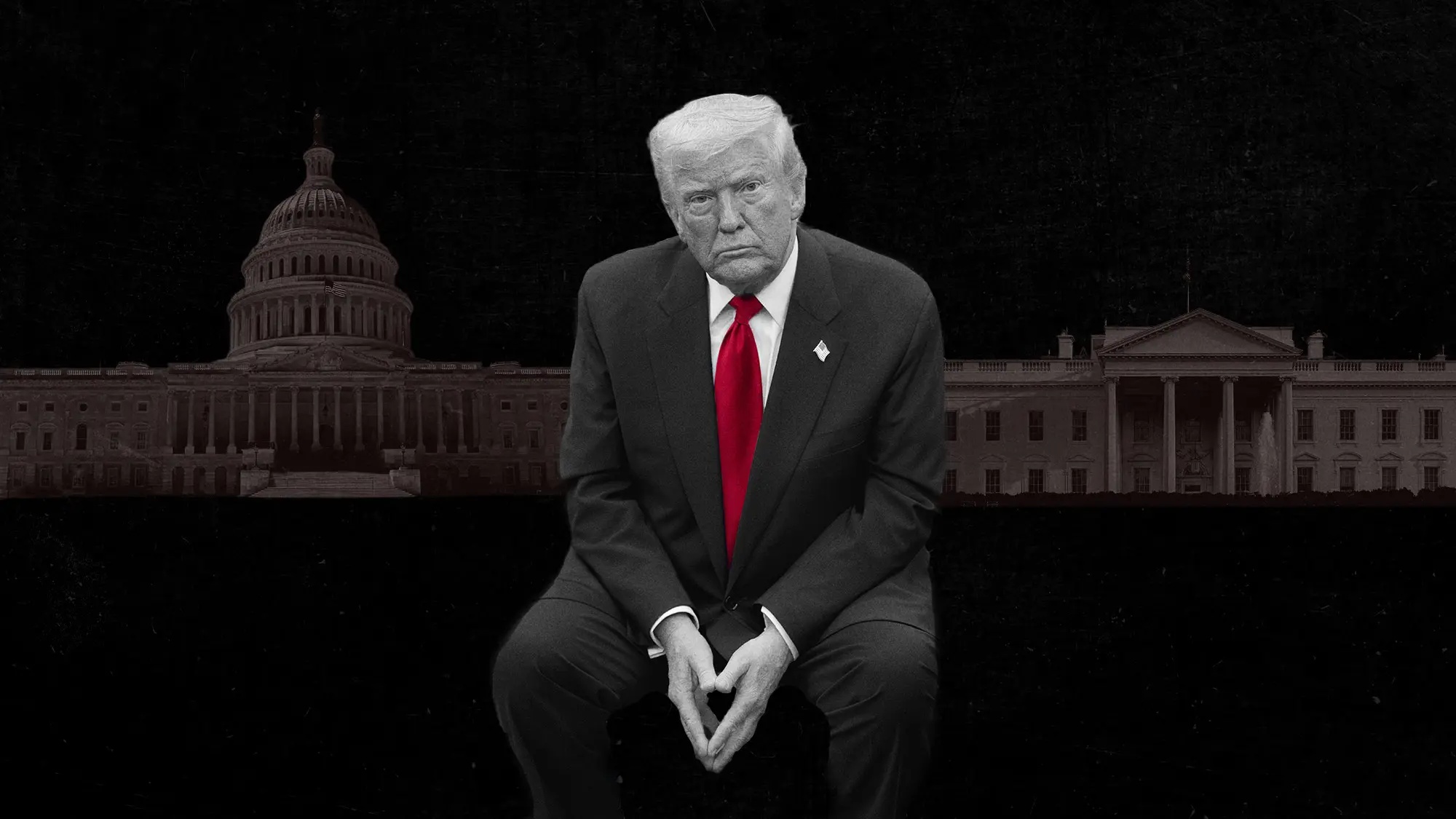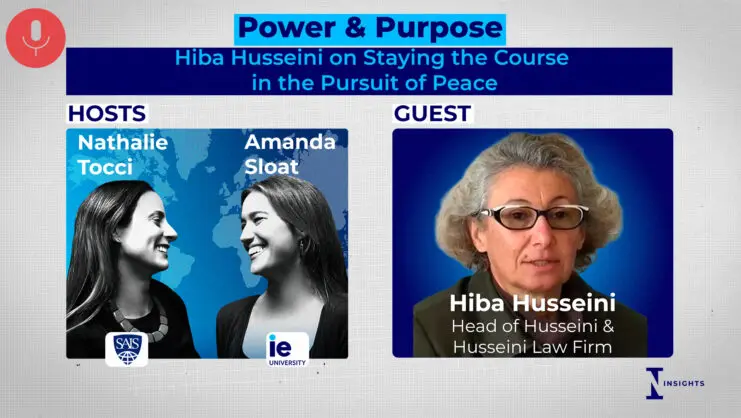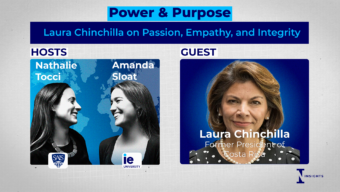American politics has seen its fair share of controversial presidents, unpredictable presidents, and unpopular presidents. But few have generated such widespread uncertainty in academia, diplomacy, and the business world as Donald Trump. Forget the statesman; he operates like a mafia boss. The difference is that, instead of negotiating in dark alleys in Queens or private clubs in Sicily, Trump wields his power from the White House. And he is turning the world’s number one power into a place where the rules of the game change to suit the whims of a single man.
Institutions: the key to progress
In their seminal work, Why Nations Fail, the economists Daron Acemoglu and James Robinson argued that prosperity does not depend solely on natural resources, geography, or the talents of the population. Institutions are the decisive factor, and they must create incentives for innovation, investment, and competition.
When these institutions are inclusive (pluralistic, transparent, subject to checks and balances), nations prosper. By contrast, when they become extractive (captured by elites who use power for their own gain and to perpetuate their rule), nations end up stagnating. And, in the long run, they go into decline. Trump’s approach signals a drift towards these extractive institutions.
Trump’s style of government mirrors that of a boss who grants favors and punishes those who do not toe the line. In this set-up, personal loyalty matters more than productivity, and fear replaces certainty.
State capitalism, mafia-style
The United States has always prided itself on being the bastion of the free market compared to interventionist models such as China and Russia. However, with Trump, that narrative is crumbling. His trade-policy decisions are not driven by efficiency or national security, but by the logic of blackmail.
Tariffs on European and Chinese products are no longer used as technical instruments, but as bargaining tools. Trump has also “persuaded” the big tech corporations. The pact with Silicon Valley is based on threats, public contracts, and promises of huge profits. The message could not be clearer: obedience means protection; defiance comes at a high price. This is basically a system of extortion in which companies and countries must buy political security, just as a shopkeeper pays the mafia to prevent his business from being burned down.
In this scenario, corruption ceases to be a moral or incidental phenomenon and becomes a strictly economic issue. When access to markets or state protection depends on personal favors, productivity loses ground to proximity to power.
When companies and their leadership team believe that survival depends more on a dinner with Trump than on investing in technology, innovation begins to decrease. In this context, transaction costs go up, competition is distorted, and long-term projects lose their appeal.
The United States, which for decades offered a framework of legal certainty and stability, is beginning to resemble a country where decisions are made according to the personal whims of its president. In a climate of uncertainty, capital seeks more predictable havens.
Democracy put to the test
Trump’s mafia-style approach is not limited to the economy. It also threatens institutional bedrock. Attacks on the Federal Reserve, pressure on judges, the dismissals of officials and crackdowns on the media are all part of a master plan to weaken checks and balances so as to concentrate more power.
Europe has already had a taste of Trump: we struck trade deals under pressure, trusting that he would back us in the war in Ukraine. Yet we soon found out that the promises he made were unreliable, reinforcing the perception that doing business with him is like signing a deal that you’re not sure will be honored.
The economic legacy of the boss
The impact of this process is felt on two levels. In the short term, Trump’s measures enable him to portray himself as a defender of common people against elites and foreigners. This nationalist rhetoric brings him immediate political gains.
However, in the medium and long term, they inflict significant damage:
- Chronic uncertainty: neither allied governments nor businesses know what Trump will demand next.
- Shrinking international trust: the perception that the US does not keep its promises is eroding its role as a reliable trading partner.
- Internal fragility: rising public deficit and persistent inflation, fueled by tariffs, continue to put relentless pressure on the economy. At least, the old mafia offered a minimum of predictability: protection in exchange for obedience. With Trump, not even that is guaranteed.
Acemoglu and Robinson’s theory showcases numerous historical examples, from Mobutu’s Zaire to the Soviet Union. In every instance, elites used political power to plunder resources, stymie innovation, and stifle competition. The result has always been the same: economic decline and a loss of international power.
By bringing mafia logic to the very core of the nation, Donald Trump risks replicating these patterns in the United States. What was once a model of inclusive institutions in the 20th century is beginning to resemble the systems in which the elites share out the spoils, and the productive fabric is destroyed.
Conclusions
Donald Trump did not invent state capitalism or political corruption. Yet he has transformed his presidency into a landscape where the rules change constantly, with institutions becoming tools for extortion instead of restraining personal power.
The metaphor of the mafia boss fits this logic: loyalty is rewarded, resistance is met with intimidation, and promises are often broken. The difference is that here, the stakes are not who rules the roost in Queens, but the stability of the world’s leading economy.
The price of this slippery slope is being paid by US citizens, their companies, and their allies. And, ultimately, by democracy itself. If the past has taught us anything about extractive institutions, it is that sooner or later, the price becomes too high to bear.
This article originally ran in Spanish in Expansión.
© IE Insights.











